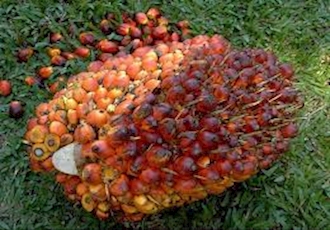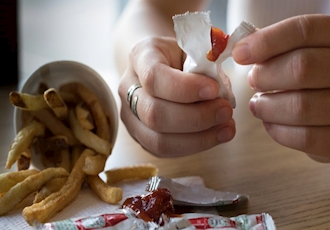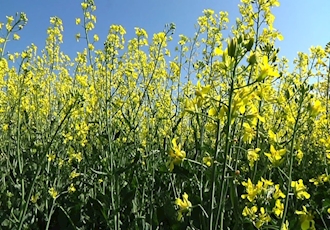Why China needs canola imports
China has been growing rapeseed for millennia and has seen a rapid increase in productivity over the past 50 years. Even so, production can’t meet demand.
By Jay Whetter
Brassica rapa plants have contributed to Chinese cuisine for millennia. “The Book of Songs”, an ancient collection of Chinese poetry, includes one 3,000-year-old poem, Gu Feng, which specifically mentions the plant.
Zhang Xuekun referenced this poem at the first Canola Dialogue in Beijing in November. Zhang is deputy director and professor at the Oil Crops Research Institute in Wuhan, China. The Dialogue, which brought together Chinese and Canadian industry and government leaders, was designed to talk about regulations, demand and opportunities, and to create the relationships necessary to deal with any issues before they become trade barriers. At the Dialogue, Zhang spoke about rapeseed use and production in China. “Rapeseed is the most important oilseed crop in China,” Zhang says.
Advancements in agronomy and genetics have improved production considerably over the past five decades or so. Rapeseed production in China increased from just under 400,000 tonnes in 1961 to 15.3 million tonnes in 2016, based on United Nations Food and Agriculture Organization (FAO) statistics. This rise was driven by a fivefold increase in acres and an almost eightfold increase in yield over that time. Rapeseed harvested acres in China were just under 19 million in 2016, according to FAO stats. Average yields in China are now about the same as Canada’s.
A new high-resolution map from the United States Geological Survey (USGS) calculates global arable land at 1.87 billion hectares. China has 8.8 per cent of that cropland — which is huge — but China also has 18.7 per cent of the world’s population.
What’s more, Zhang says total arable land in China is shrinking and production is not increasing. FAO stats indicate that rapeseed production has flattened over the past five years. United States Department of Agriculture Foreign Agricultural Service (FAS) statistics on Chinese rapeseed production (which are lower than FAO figures) show a drop over the past three years.
Source: CountryGuide







